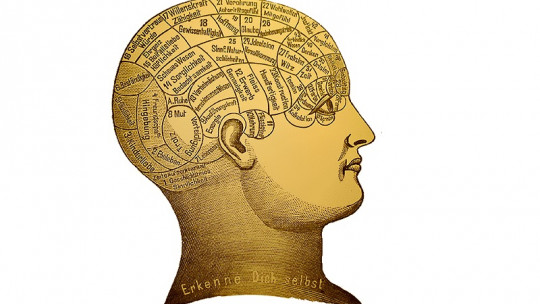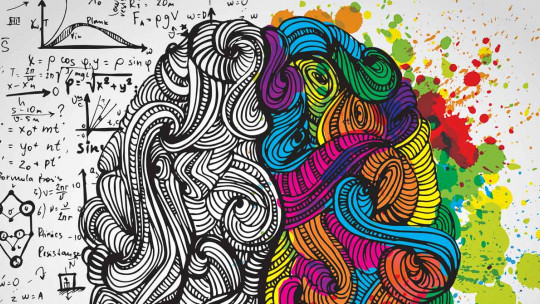
The clinical psychology and the psychiatry They are two disciplines applied in the field of mental health that are frequently confused. The type of problems they address and their working methods may present a certain similarity, but there are clear differences between the two.
If you want to avoid confusion of this type, this article may be useful when viewing the differences between the psychologist and the psychiatrist and distinguish both types of professional profiles.
Main differences between psychologist and psychiatrist
Both psychiatry and psychotherapy are complex concepts and in which it is possible to find many distinctive nuances, but in summary, these are the most important differences between the two.
1. The academic journey of each discipline
Clinical psychologists and psychiatrists have very different training. The first come from bachelor’s and university degrees in Psychology and then specialize in clinical psychology while psychiatrists go through a university degree in Medicine and then specialize in branch of psychiatry
Therefore, the skills and knowledge of both professionals are very different: the psychiatrist has more knowledge about the human body as an organism and its neurological functioning, while the psychologist is more trained in social sciences and cultural dynamics.
2. Approaches are usually different
As a consequence of the previous point, another difference between the psychologist and the psychiatrist is found in the approach used. The psychiatrist has a biomedical approach of human behavior and emotional states, and that is why it focuses on the physiological, anatomical and chemical aspects of the human body (especially those related to the nervous system and hormones).
For his part, the psychologist can adopt more heterogeneous postures that put more emphasis on the social context, personal relationships and culture; Although you can also adopt an approach that takes into account the patient’s organism as something isolated, depending on the type of psychological current to which you subscribe, the biological will never be the main thing on which you focus.
This is because psychology studies the interaction between the subject and the environment and the interaction between the subject and others, while psychiatry adopts a somewhat more reductionist perspective (and no less accurate) analyzing and intervening. especially in variables that affect only the person you want to help: the functioning of their brain, a possible disease that affects certain glands of their endocrine system, etc.
3. The type of problems they deal with
Psychiatrists tend to deal with psychiatric disorders forms of discomfort that can be considered diagnosable pathologies, while the phenomena that psychologists treat are more varied and include those that can be addressed from psychiatry.
For example, a case of major depression is a problem in which both a psychologist and a psychiatrist can intervene; However, discomfort due to low self-esteem, a relationship crisis or feeling unmotivated at work can be worked on through psychotherapy, but hardly through psychiatry. This is because psychological intervention is not limited to the field of mental health, but can be adapted to all behavioral patterns capable of providing greater well-being in general.
4. The intervention method
Another difference between the psychologist and the psychiatrist is in their way of approaching the patient’s problems. A psychiatrist almost always uses more or less invasive methods, since it focuses on modifying the functioning of specific parts of the body. This is why in many of the resources used in psychiatry there is a significant probability of suffering side effects, although part of the work of these specialist doctors is to supervise cases to minimize risks and modify treatment quickly when necessary.
Furthermore, since the psychiatrist is a doctor, is legally qualified to prescribe drugs, something that does not happen in the case of psychologists, in charge of providing psychological guidance and proposing techniques based on habits, patterns of thinking and processing of emotions, and behavior in general. Thus, in psychotherapy the aim is not to modify the dynamics of specific parts of the body, but rather the change sought is in the whole made up of the person and their habitual life context.
Summarizing…
In short, both disciplines are different enough to have their own areas of application, but that does not mean that they are not complementary: they often are.
To talk about differences between psychologists and psychiatrists is also to recognize their own lines of training and work as relatively independent trajectories, but What is clear is that both approaches are useful when intervening in mental health








